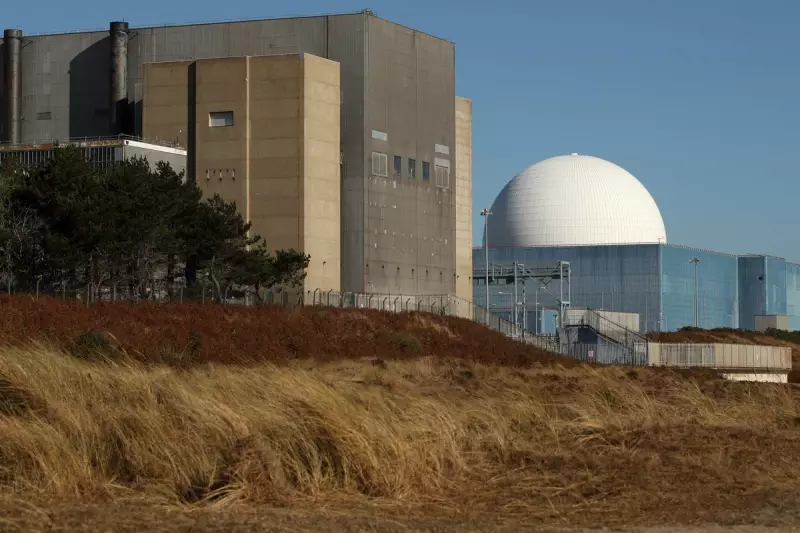
The Labour government has officially approved the construction of the Sizewell C nuclear power plant in Suffolk, a major step in its revamped energy strategy. Chancellor Rachel Reeves confirmed the decision, highlighting its role in boosting energy security and creating thousands of jobs.
Energy Secretary Ed Miliband described the move as "critical" for the UK's transition to low-carbon energy, despite previous scepticism from Labour about nuclear power. The £20 billion project, led by French energy giant EDF, is expected to generate enough electricity to power six million homes.
Why Sizewell C Matters
The approval signals a significant shift in Labour's energy policy, prioritising nuclear as a key component of the UK's future energy mix. The government argues that Sizewell C will reduce reliance on fossil fuels and stabilise energy bills in the long term.
Economic and Environmental Impact
Proponents of the project emphasise its potential to create 25,000 jobs during construction and 900 permanent roles once operational. Critics, however, raise concerns about environmental risks and the lengthy construction timeline.
The decision comes as the UK aims to achieve net-zero emissions by 2050. With renewable energy sources like wind and solar facing intermittency challenges, nuclear power is increasingly seen as a necessary baseload supplement.





